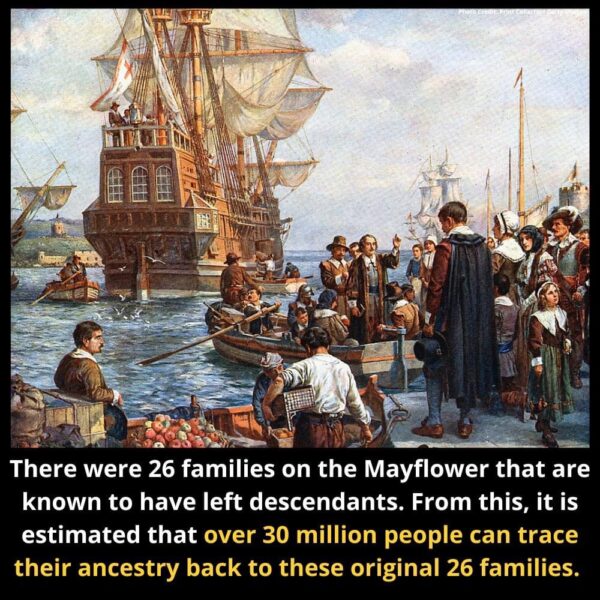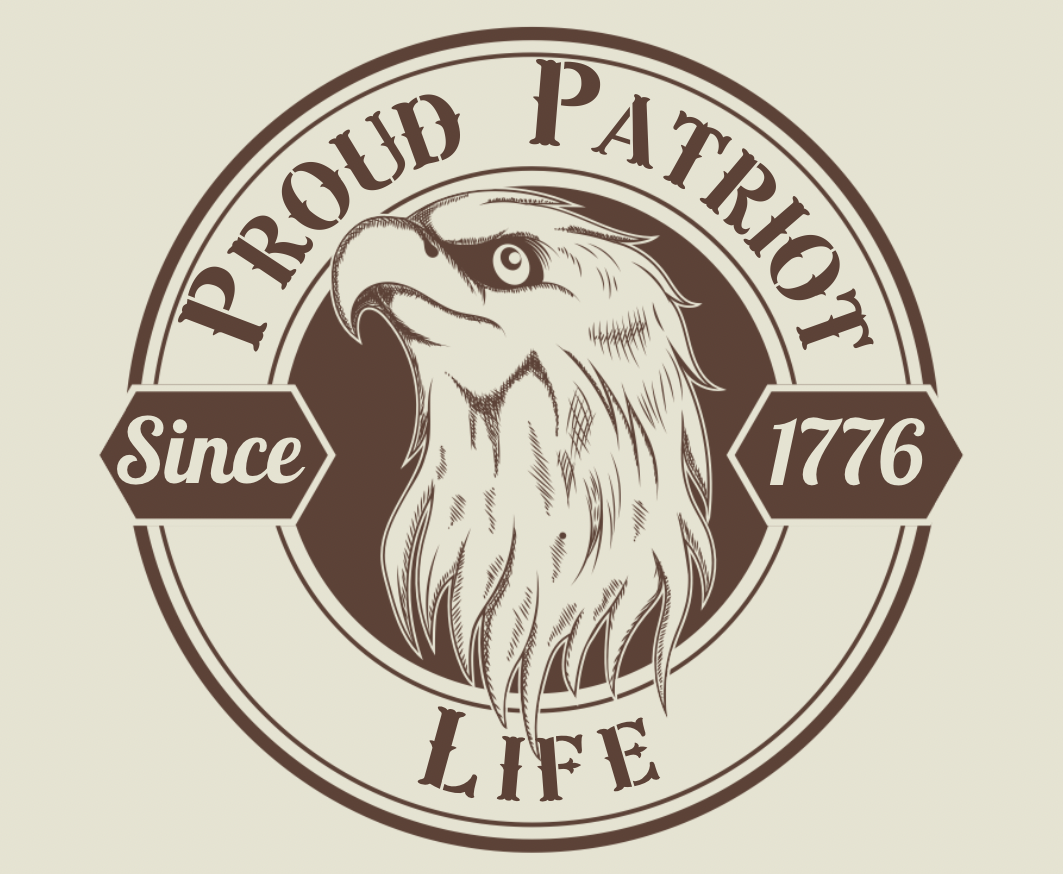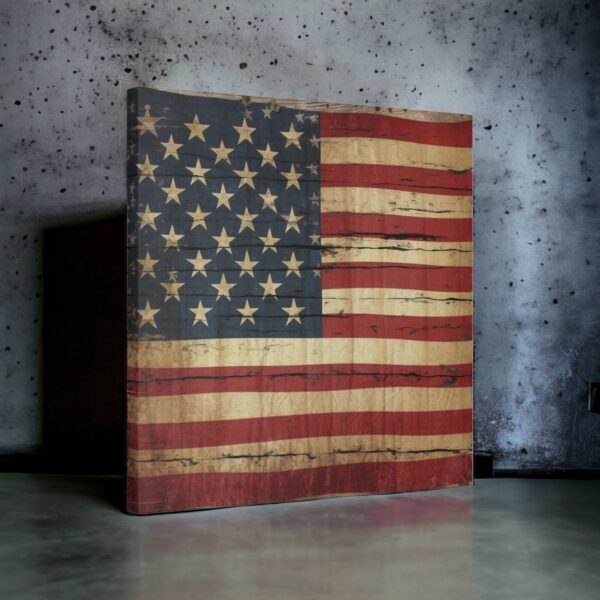The voyage of the Mayflower in 1620 marked a pivotal moment in history, as it carried a group of brave individuals seeking religious freedom to the shores of what would become the United States of America. Among the passengers were 26 families who embarked on a treacherous journey across the Atlantic. Little did they know that their actions would have a profound impact, with an estimated 30 million people today tracing their ancestry back to these pioneering families. In this article, we will explore the story of the Mayflower’s 26 families and the enduring legacy they have left behind.

I. The Voyage of the Mayflower
A. Seeking Religious Freedom
The 26 families aboard the Mayflower were known as the Pilgrims. They were separatists who desired religious freedom and were dissatisfied with the Church of England. Faced with persecution, they sought a new home where they could worship freely.
B. The Treacherous Atlantic Crossing
In September 1620, the Mayflower set sail from Plymouth, England, bound for the New World. The journey was arduous, lasting over two months, as they battled harsh weather conditions, cramped living quarters, and limited provisions. It was a test of resilience and determination.
C. Arrival at Plymouth Rock
On November 21, 1620, the Mayflower reached Cape Cod, Massachusetts, far off their intended destination of Virginia. They anchored at what is now known as Provincetown Harbor before finally settling at Plymouth, where they established the Plymouth Colony.
II. The 26 Families and Their Contributions
A. Establishing a New Community
The 26 families formed the foundation of the Plymouth Colony, working together to establish a self-governing community. They built homes, cultivated land, and navigated the challenges of survival in a new and unfamiliar environment.
B. The Mayflower Compact
Before disembarking from the Mayflower, the passengers drafted and signed the Mayflower Compact. This historic document outlined a framework for self-government and the establishment of a civil society, emphasizing the principles of consent and cooperation.
C. Building Relationships with Native Americans
The Pilgrims’ survival and success in the New World were also influenced by their interactions with Native American tribes. Notably, they formed a peaceful alliance with the Wampanoag tribe, led by Chief Massasoit, which helped ensure their survival during the difficult early years.
III. The Enduring Legacy
A. Ancestors of Millions
The 26 families aboard the Mayflower left a remarkable legacy. It is estimated that approximately 30 million people worldwide can trace their ancestry back to these families, including notable figures in American history.
B. Influence on American Values
The Pilgrims’ journey and their quest for religious freedom have had a lasting impact on American values. Their commitment to individual liberty, self-governance, and religious tolerance laid the groundwork for the principles enshrined in the United States Constitution.
C. Thanksgiving Tradition
The Pilgrims’ celebration of the first Thanksgiving in 1621 has become an enduring tradition in American culture. It is a time when families come together to express gratitude and reflect on the blessings of freedom and community.
The voyage of the Mayflower and the 26 families it carried represent a significant chapter in history. Their pursuit of religious freedom, resilience in the face of adversity, and establishment of a self-governing community laid the foundation for the values and principles that shaped the United States. Today, their legacy lives on through the millions of individuals who can trace their ancestry back to these brave pioneers. As we reflect on their journey, let us honor their courage and determination, and remember the importance of freedom, cooperation, and gratitude in our own lives.
As an Amazon Associate we earn from qualifying purchases through some links in our articles.



